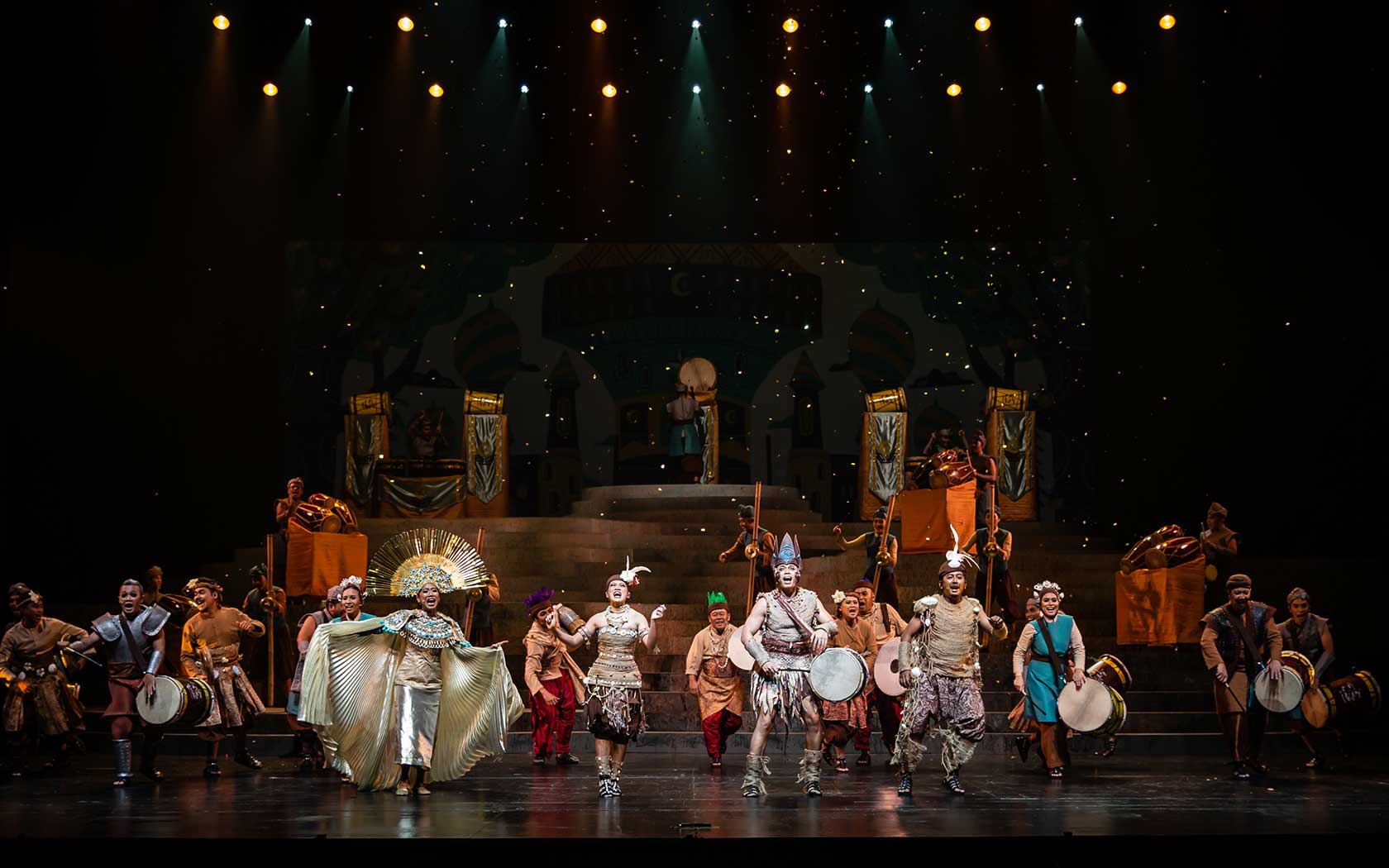We use cookies to improve your experience on our site. To find out more, read our data protection and cookie policy. By using our site, you agree to our use of cookies. Close to continue browsing.
Esplanade Presents
Sunday Morning Gospel
14 Apr 2024, Sun, 11am
(Intermission: None)
Esplanade Concourse
This event is over.

This event is over.
Feel your spirits lift with gifted vocalist Callie Day and her band in this acoustic Sunday morning gospel experience, filled with favourites from the African American church tradition.
Experience in the flesh, the exuberant and moving gospel music that not only transmits the remarkable heritage of African American culture and identity, but also celebrates centuries of joys and sorrows of its people.
About gospel music
From its beginnings over 200 years ago, gospel music is deeply rooted in the African American experience – as early negro spirituals in the days of slavery, and as uplifting anthems in the oppression that continued in the struggle for civil rights. Gospel music has always been a source of comfort and a beacon of hope for the community.
Spirituals are the early religious folksongs that originated from enslaved Africans, sung in informal prayer gatherings in the 1700s. With their traditional drums taken from them and their traditional faiths replaced by Christianity, these songs were one of few outlets for their soaring emotions, sung raw with dancing and handclaps, sometimes even ecstatic trance.
Some songs even carried hidden messages—Swing Low was a reference to how antislavery activists were coming by to the south (Swing Low) to guide the slaves north to freedom (Carry Me Home) through a secret network of escape routes.
I looked over Jordan and what did I see?
A band of angels comin’ for me
Comin’ for to carry me home
- lyrics from Swing Low, Sweet Chariot
After the abolition of slavery, prayer meetings moved into church buildings of the African American community and the music too evolved over time, with access to instruments and layered arrangements. The churches were hothouses of musical talent, where African American musicians developed their skills and encouraged each other in worship. Their music influenced, and was in turn, influenced by the popular music of each era, with celebrated artists like Aretha Franklin, Whitney Houston and countless others emerging from a gospel music background.
Beyond that, the church remains a safe and free space for the community to be their authentic selves, as America continues to navigate complicated racial dynamics to this day. Within the houses of worship, music transmits a heritage of African American culture and identity, celebrates, and shares in the collective joys and sorrows of the people.
Seats are available on a first-come, first-served basis.
Callie Day
Calesta “Callie” Day is a native of Atlanta, Georgia, USA. She is an educator, artist, vocalist and vocal instructor. She is a multi-talented and gifted woman of God, with a range of vocal abilities. Her anointed style, production and spiritual perceptiveness has proven her as one of the most dynamic and compelling talents of the genre. She has travelled extensively, performing across the nation, and in Europe and Central America. Recently, Callie has taken social media by storm as fans all over the USA have captured her amazing voice in videos that have gone viral.
14 Apr 2024, Sun
11am
Become a member

Great arts experiences begin with Esplanade&Me. Join this membership to enjoy ticket specials on shows at Esplanade, early bird specials, promotions at Esplanade Mall, unlimited access to Offstage and more.

Never miss a show again. Get on our mailing list.
- Sunday Morning Gospel










